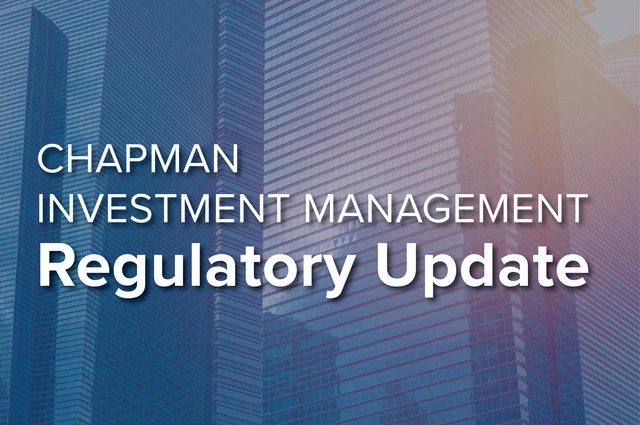- Topic: Blockchain
2 matches.
The Digital Chamber released a new report: "Beyond Merit: How the SEC's Division of Investment Management Blocked Permissible Investments in Digital Assets." The report seeks to provide a workable framework to turn historical Division of Investment Management actions regarding digital assets into a path forward for the increased availability of digital assets in investment company products. Chapman's Rick Coyle and Morrison Warren assisted in the preparation.
Chapman represented the Chamber of Digital Commerce in connection with its “Spot Bitcoin ETF Initiative” which set out to gain a deep understanding of the industry’s experience in pursuit of a registered Spot Bitcoin ETF and provide insight into the most realistic avenues for ultimately getting the SEC to approve this widely anticipated investment product.









